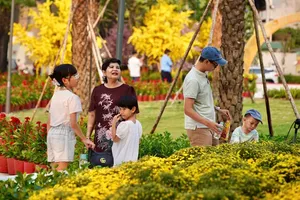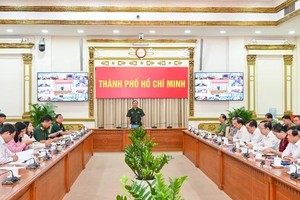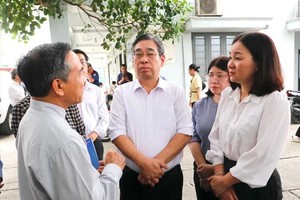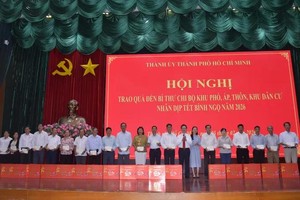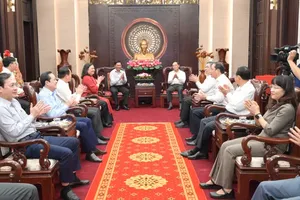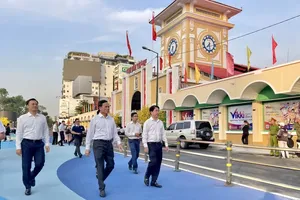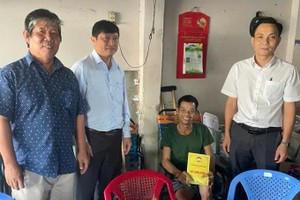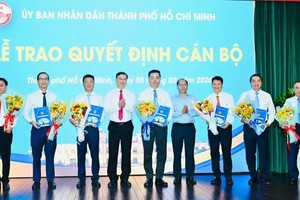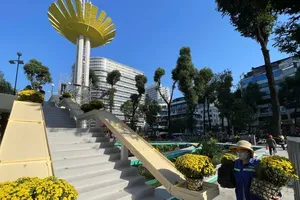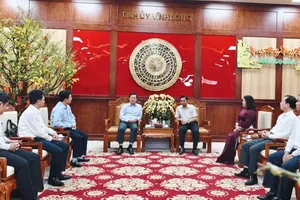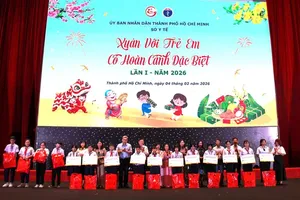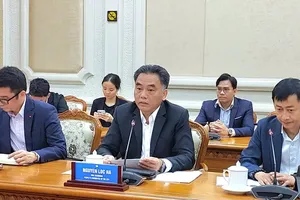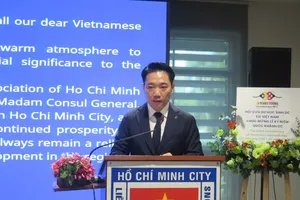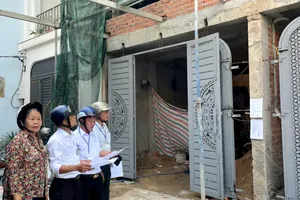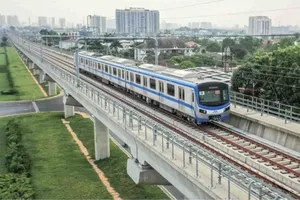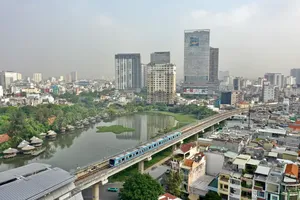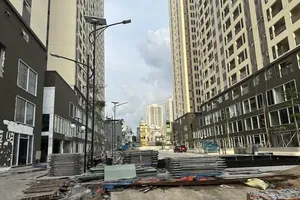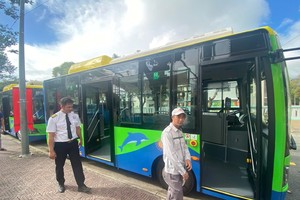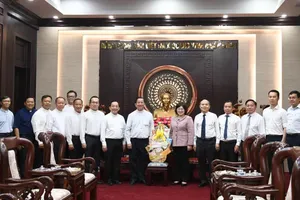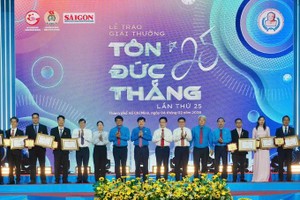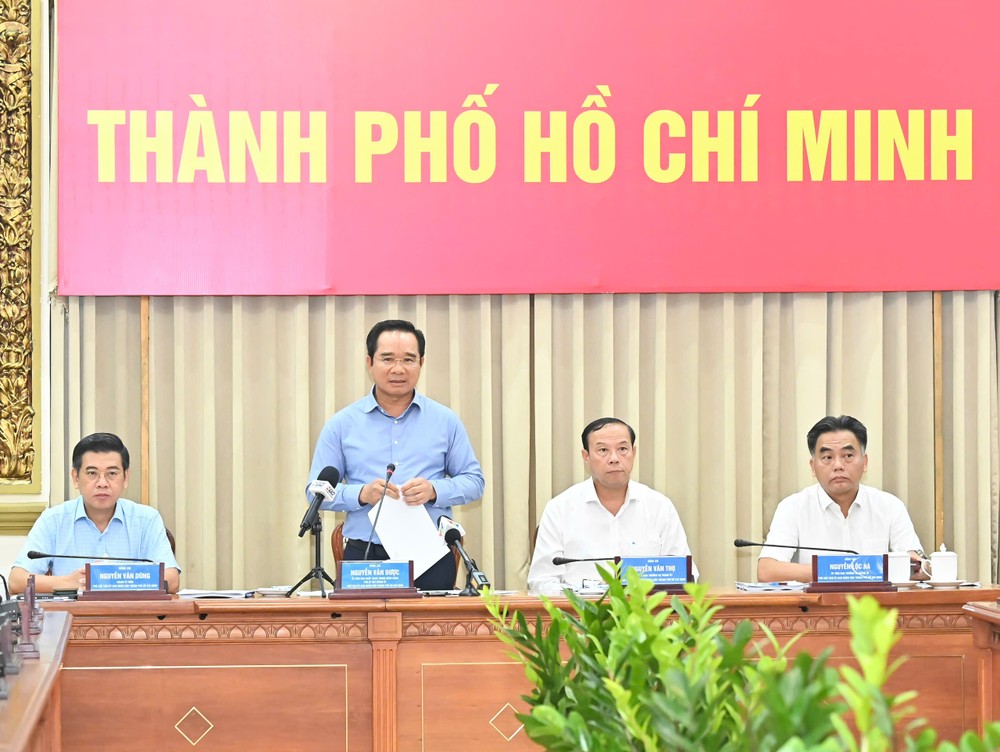
Concluding the socio-economic review meeting on July 4, Chairman of the HCMC People’s Committee Nguyen Van Duoc emphasized that the first half of the year had been a true test of resilience, describing it as a period of “fire testing gold, hardship testing strength.” During this time, the entire political system had to simultaneously undertake the dual tasks of restructuring the administrative apparatus and sustaining socio-economic growth—both amid mounting global economic challenges.
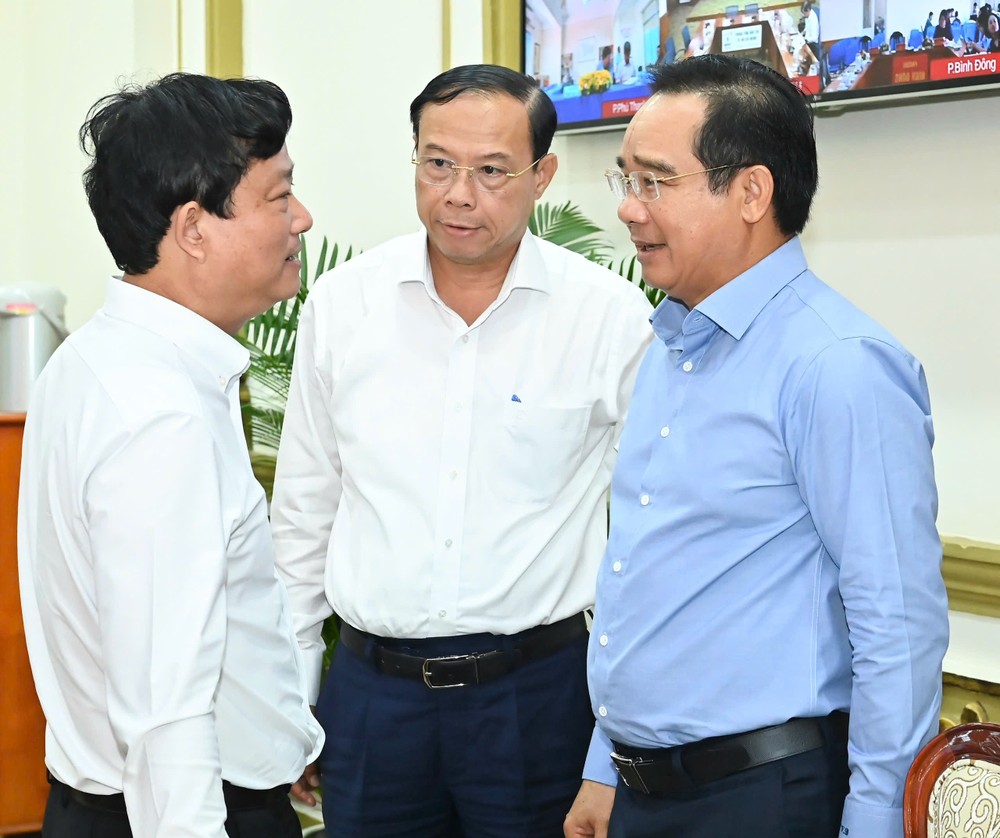
Despite these pressures, the city recorded several significant achievements. Notably, the former HCMC successfully hosted two major events: the 50th anniversary of the Liberation of the South and National Reunification, and the 2025 United Nations Day of Vesak in coordination with international partners.
In economic terms, the city unblocked over 70 stalled projects, unlocking nearly VND400 trillion (approximately US$15.7 billion) in resources for the economy. Chairman Nguyen Van Duoc stated that this success not only boosted development capacity but also bolstered business confidence in HCMC. Alongside administrative reform efforts, these developments have reassured both domestic and foreign investors.
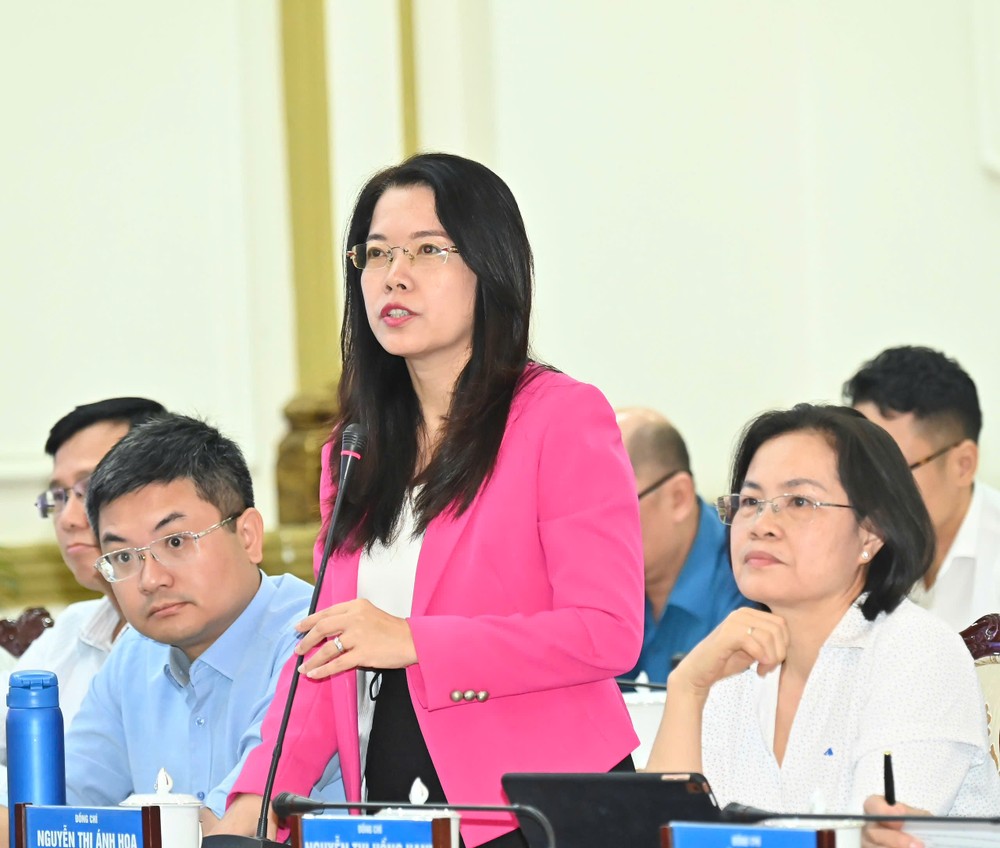
Key macroeconomic indicators also posted strong growth, reaffirming HCMC’s role as one of Vietnam’s principal economic engines.
The city recorded a GRDP growth rate of 7.49 percent, attracted over $5.2 billion in FDI, and collected an estimated VND415 trillion in budget revenue—nearly 60 percent of the annual target. Public investment disbursement stood at approximately VND45 trillion, or close to 33 percent of the plan.
Despite these positive outcomes, Chairman Nguyen Van Duoc acknowledged persistent challenges. The number of business closures remains high, reflecting continued pressure on enterprises. Administrative reform, while improved, still falls short of expectations. Moreover, the rollout of the two-tier local governance model has been uneven in some areas.
Looking ahead, the HCMC Chairman underscored the magnitude of the tasks that lie ahead, particularly the need to push growth into double digits in the second half of the year.
He called for a fundamental shift in administrative mindset—from rigid bureaucracy to a results-oriented, citizen- and business-centric approach. “Civil servants and public officials must uphold public ethics, take responsibility, and prioritize the collective good,” he said. “Enterprises must be seen as key drivers of development, and the government must act as their trusted partner.”
He emphasized the importance of building a truly service-oriented administration—one that aims to “delight visitors when they arrive, and satisfy them when they leave.”
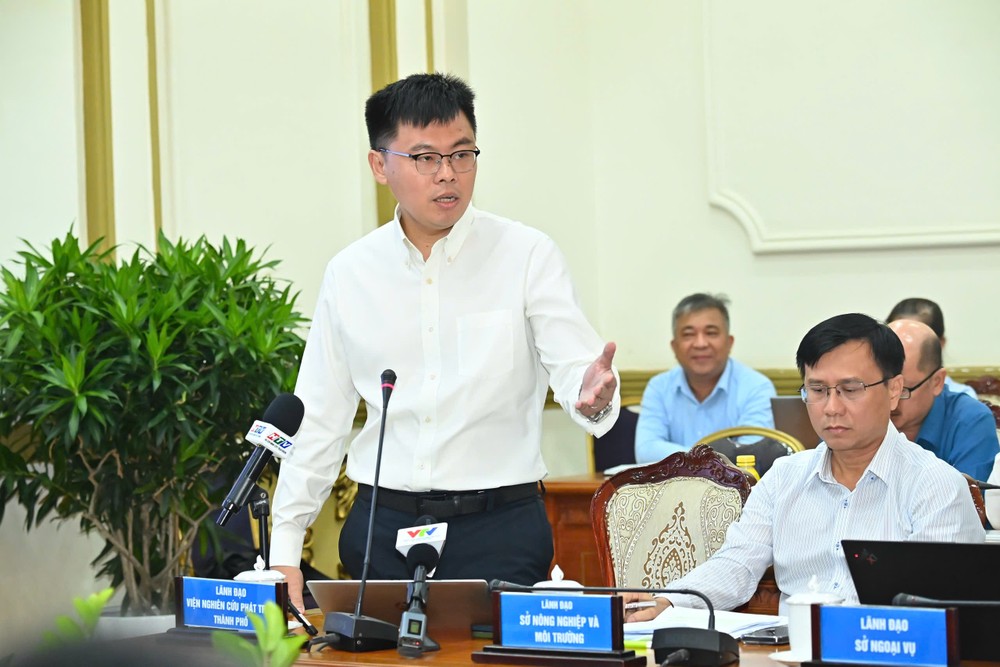
HCMC Chairman Nguyen Van Duoc instructed all levels of government to stabilize the administrative system and ensure uninterrupted handling of public services. He called for accelerated development of the two-tier public service centers, aiming for 100 percent of business-related administrative procedures to be processed online, and all municipal-level procedures to be handled independently of geographical boundaries.
He also directed wards, communes, and the special zone to assign skilled personnel to these public service centers to efficiently manage and resolve citizen requests.
The Chairman of the HCMC People’s Committee called on departments and agencies to prioritize the formulation of plans, strategies, and key solutions to sustain GRDP growth and accelerate the disbursement of public investment capital. He also urged the urgent reconstruction of the regional spatial development framework based on a multipolar–integrated–multi-centered model, guided by the vision of "one unified space, three distinct zones."
The proposed model envisions core HCMC area as the financial and high-tech hub, Binh Duong as the industrial capital, and Ba Ria–Vung Tau as the maritime economic hub.
